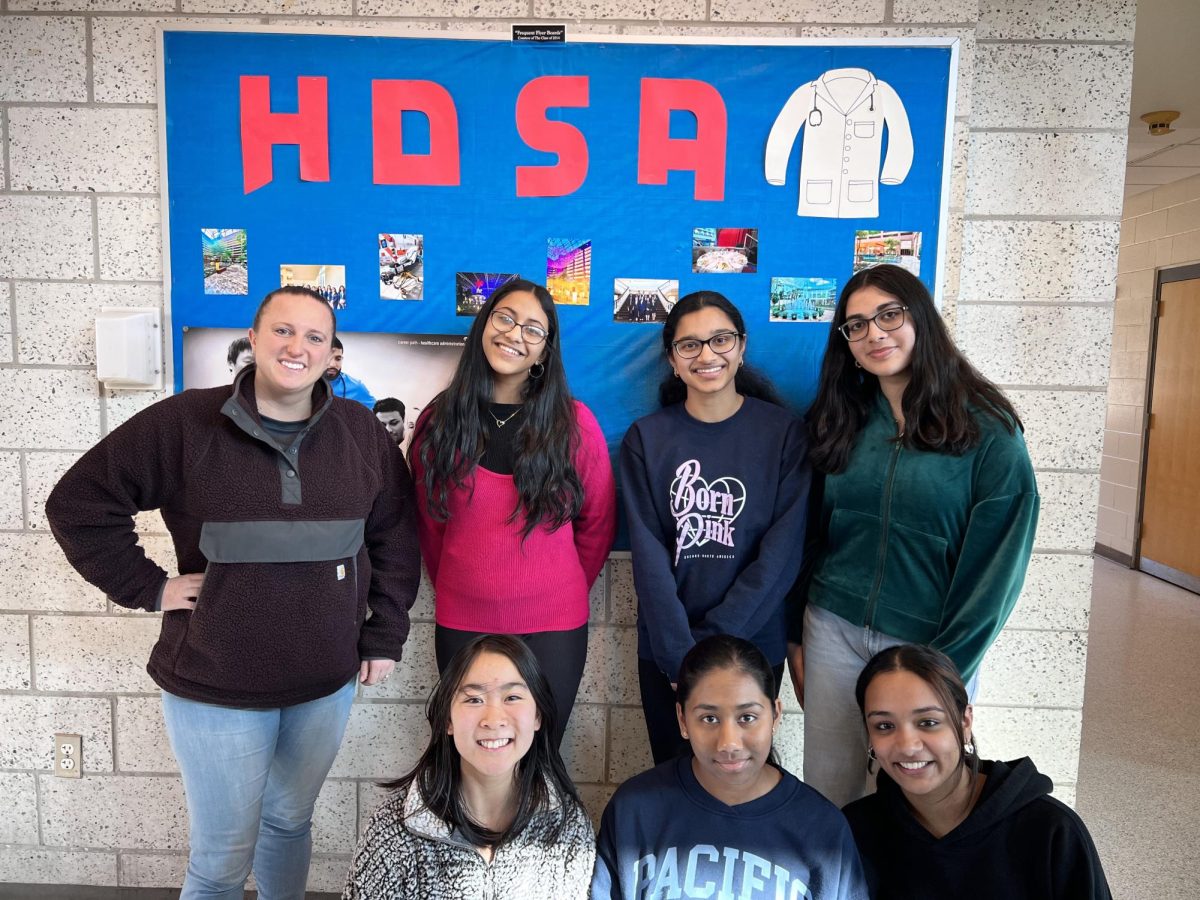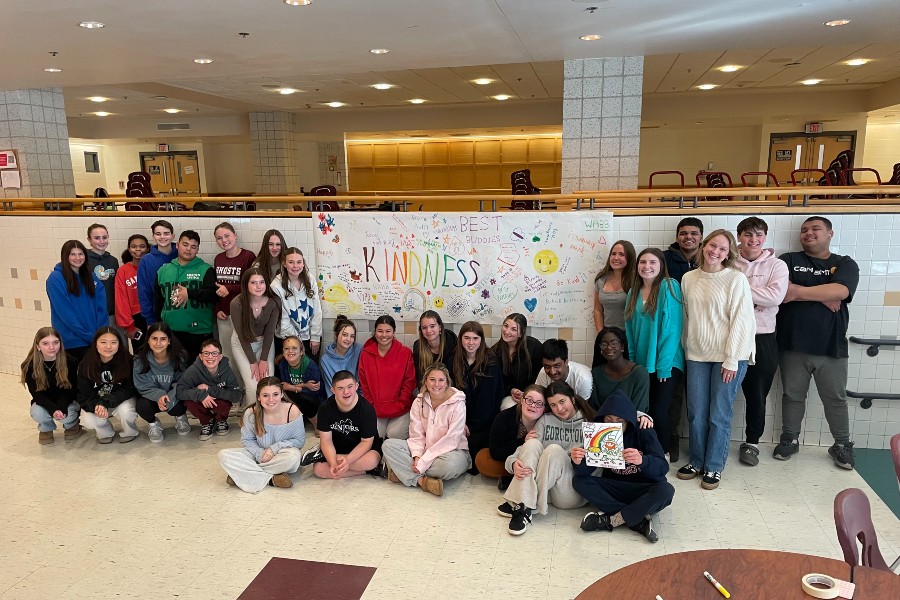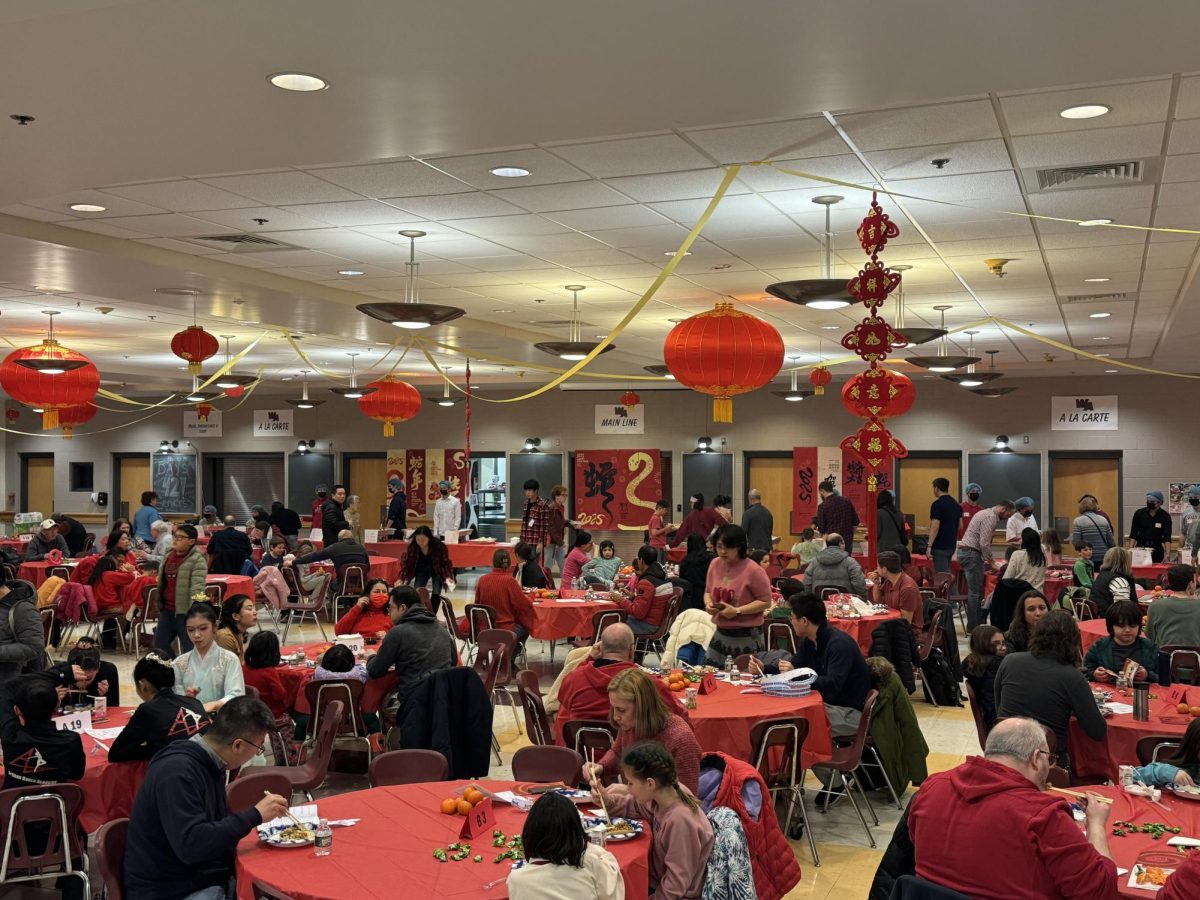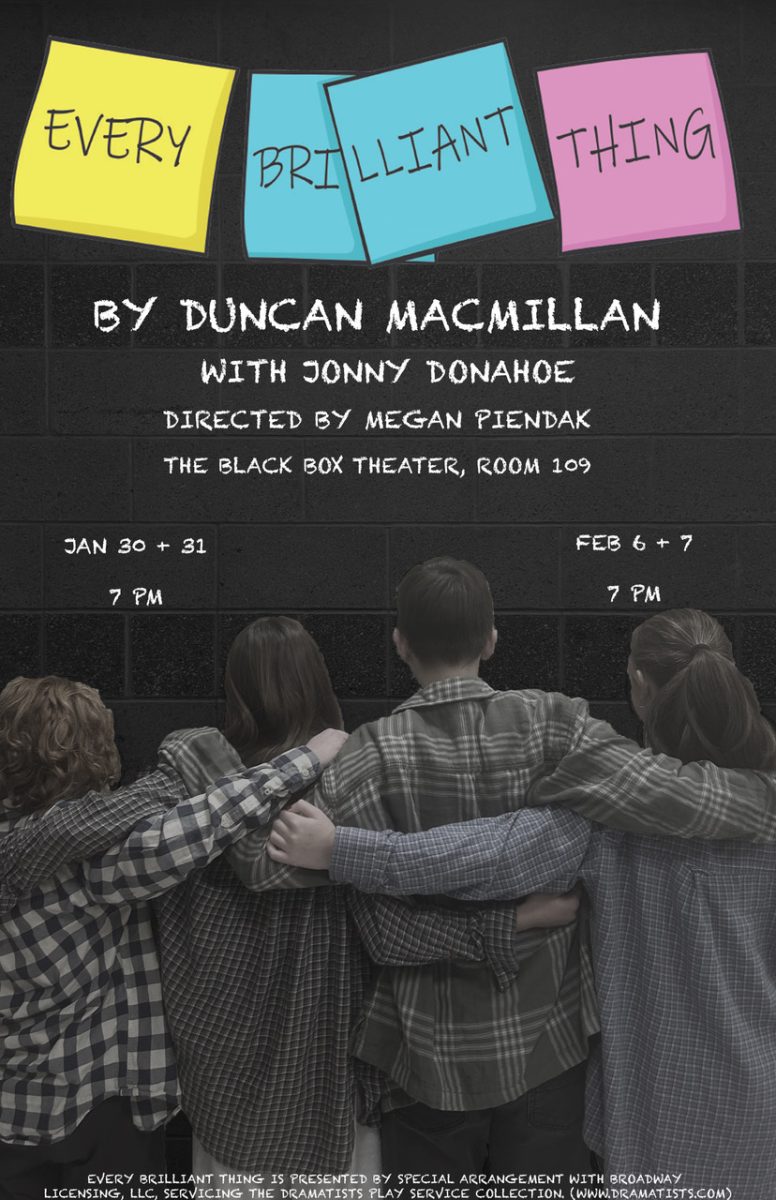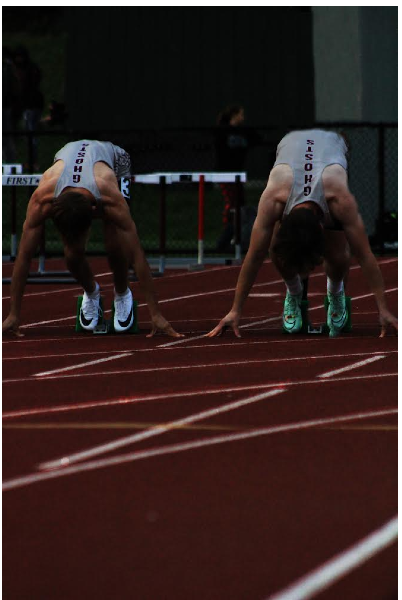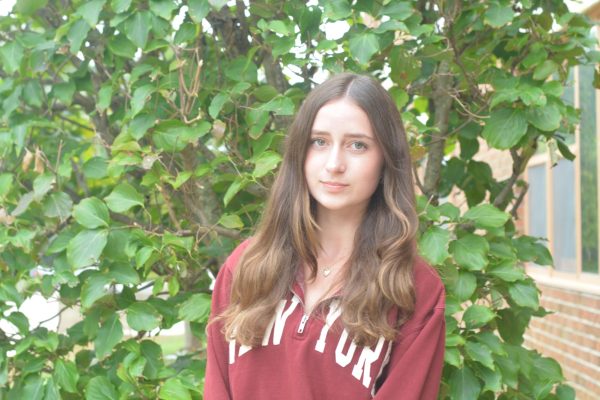When it comes to choosing clubs at Westford Academy, some people join merely for the sake of another extra curricular under their belt. However, sitting in a room with the cabinet of WA’s Health Occupations Students of America (HOSA), you can tell that each member is passionate and dedicated to the cause or their club.
HOSA is a club that covers all aspects of the medical field. Not only do they participate in extensive medical competitions, but they also organize several blood drives every year.
At HOSA’s last state competition, they were met with outstanding success as 18 members placed in the top three percentile. Their next upcoming competition is on Saturday, March 2 at Worcester State University.
“Although [HOSA] focuses on the medical field there’s a variety of events. Some people take tests, some people make videos, and some people do a combination of them,” junior president Shreya Ambekar said. “There are also poster events, photography events, and drawing events. There’s really something for everyone, and there are both individual and team events.”
Some events included in competition are medical knowledge in the medical fields, dental terminology, pathophysiology, and emergency preparedness events such as EMT and CPR. There are also events that focus on leadership, and presentational events where speeches are given or posters are presented.
There are different levels to the competition HOSA is competing in. The first is the State Leadership Conference (SLC), and if individual club members place there, then they move on to the International Leadership Conference (ILC), which will be held in Houston, Texas this year.
In terms of preparation, most of it is specific to the individual. Club members are encouraged to utilize resources such as Quizlet or other study sites to help study for tests. Through their experience in the past few years, the club has realized that club meetings devoted to studying are not very productive.
“The past few years we focused on having meetings solely dedicated to studying but we found that it doesn’t really work,” senior blood drive coordinator Tanvi Kodukulla said. “This year, we tried to encourage more people to focus [on studying] outside of the hosted meetings. We continuously remind [club members] and update them that the competition is nearing and provide tips for studying and other events. Most of the time the studying is independent.”
The competition isn’t the only exciting event in store for HOSA, they also have a blood drive scheduled for Tuesday, March 19. The success of their blood drives are measured by how well they meet the benchmarks set by Mass General Hospital. The goal of last year’s blood drive was to have 70 people participate, which HOSA came very close to.
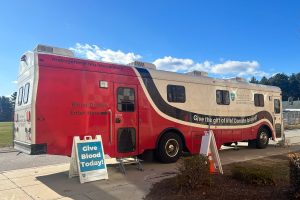
“In my opinion, I think it was pretty successful. It was my first time running the blood drive with my committee as the coordinator and I think it went pretty well,” Kodukulla said.
The successes of HOSA’s blood drives are steady, meeting or coming close to their donation goals every year. HOSA, however, still aims to go above and beyond with their donations.
“There’s never enough blood donors and there’s never enough blood to donate. Just a general statement. That’s not just for WA but there’s always a shortage of blood. So the more blood we can get donated, the better,” HOSA advisor Sara Blomgren said.
Similar to the last blood drive, the goal they have set is to have at least 70 people sign up and donate, and HOSA has some new advantages in store to meet this goal. Such advantages include better advertisement and simply more students being of the right age to sign up.
“We definitely have an advantage this year because underclassmen were sixteen [years old] which is the minimum age to donate, but now compared to November a lot more underclassmen are sixteen [years old] and I know some of them are willing to donate,” Ambekar said.
As one would expect, another big challenge that HOSA faces when getting people to donate is the common fear of needles, blood, and passing out. Although these are all valid fears, one can be reassured that the cause is worth it, and if they donate they will be taken care of in the bloodmobile by trained professionals.
“Don’t be afraid of getting judged if you faint or pass out, a lot of people got vasovagal and I remember the first time I had blood drawn, I passed out for a long time apparently,” middle school coordinator Catherine Zhu said. “It is scary, but you’ll be just fine after a few minutes.”
The actual process of drawing blood takes merely 15 minutes, but the benefits from those 15 minutes are more impactful than most people realize, as it can be life-saving for the recipients.
“Donating blood is something that can save a lot of lives. Everybody has blood and everybody needs blood, so I think if you can donate it’s a really good thing to do,” junior vice president Priyanka Rajaram said. “It could help so many people and it’s not a huge cost to yourself.”
Blood donation is a topic that Zhu has an important personal connection to, as it saved her life when she was a baby.
“When I was a baby, a few years old, I nearly died. [The doctor said] if [my parents] brought me in three days later, I would have died. It was a blood transfusion that saved my life,” Zhu said.
One single donation has the ability to save up to three lives, which is a lot of power that one person holds, and a driving force in HOSA’s event.
“You can save someone’s life just as being a high schooler or a teenager, and it’s something really small that can have a huge impact,” Kodukulla said.

